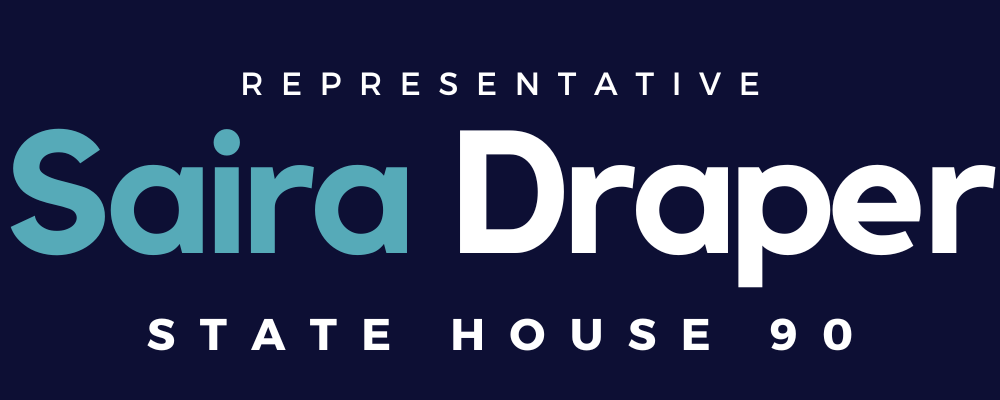Special Session on Redistricting
What you need to know
November 2023
We’ve had some great news from the federal court in Atlanta.
Last month, U.S. District Judge Steve Jones wrote in a 516-page order that Georgia’s Republican-led General Assembly violated the federal Voting Rights Act of 1965 when it designed new legislative and congressional maps based on the 2020 Census. Judge Jones ruled that the maps illegally diluted the voting power of Black voters in a number of districts.
The judge gave lawmakers until Dec. 8 to create new legal maps to be used in the 2024 elections. In response, the governor has issued a call for a Special Session of the General Assembly. I’ll be headed back to the Capitol just after Thanksgiving, on Nov. 29, to consider and pass-- hopefully lawful-- new maps.
Consistent with how the General Assembly operates, the majority party controls the map redrawing process. Republicans have not yet released the new maps that we will have to vote on during the Special Session. I have called on them to release the maps with plenty of time for Democrats and the public at large to review the maps and provide feedback. Whether they will be open, transparent, and receptive to feedback during this redistricting process is to be seen.
I was invited by the team at politically Georgia to give a Democratic perspective on the upcoming redistricting session. Listen to my analysis by clicking the play button below. Content begins at 3:46.
Will the State Appeal Judge Jones' Decision?
Georgia’s Republican attorney general, so far, has not said what his plans are to challenge Judge Jones’ decision, but other GOP politicians and operatives have suggested the state will appeal. They insist that Republicans crafted Georgia’s legislative and congressional district lines to give the GOP an electoral advantage; the court has said partisan gerrymandering is legal.
But Judge Jones said the intent behind district lines doesn't matter if the result is that Black voters have less sway at the polls than white voters.
In the end, if an appeal is filed and is successful, this could be decided by the Eleventh Circuit or even the U.S. Supreme Court.
How Might the Maps Change?
Judge Jones was very specific about what Georgia needed to do to be in compliance with the 1965 Voting Rights Act. He wrote that while Georgia had made “great strides” in providing Black voters more say at the ballot box over the decades, “the political process is not equally open to Black voters.”
Judge Jones said the Legislature must create one more majority-Black congressional district around metro Atlanta and a total of seven majority-Black House and Senate legislative districts around Atlanta and Macon.
Although our House District 90 wasn’t deemed to be illegally drawn, we could see some tweaking because of the domino effect of changing the lines.
This process means a shift in the political makeup of Georgia’s congressional delegation and at the Gold Dome is possible because Black voters tend to vote Democratic.
Georgia’s congressional delegation could shift from five Democrats out of 14 to six out of 14. And the GOP’s control in the Georgia legislature could narrow; Republicans currently control 105 of the 180 seats in the House of Representatives and 33 of the 56 seats in the Senate.
This ruling has the potential to making voting in Georgia more fair. And that’s great news.
In service,
Contributions to Friends of Saira Draper are not deductible for tax purposes. State law allows individuals, corporations, and Political Action Committees to contribute a maximum of $3,300 for the primary, $1,800 for the runoff, and $3,300 for the general election.





